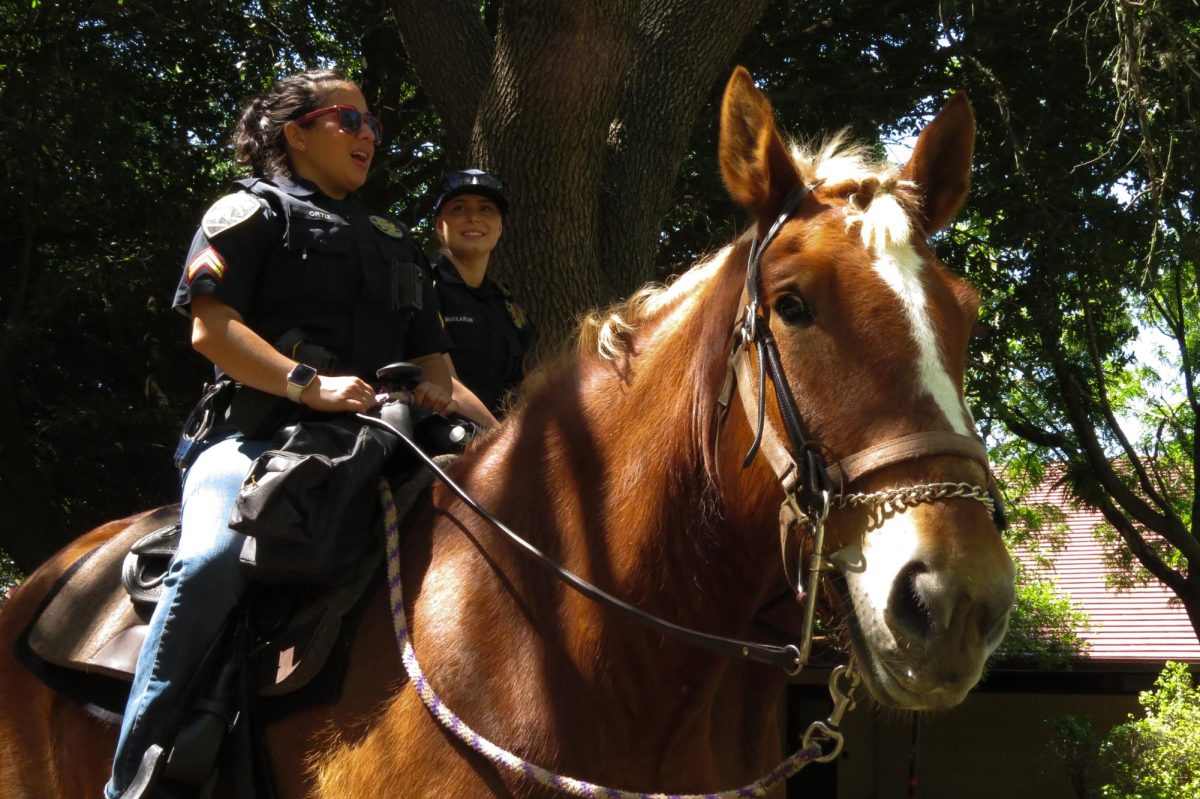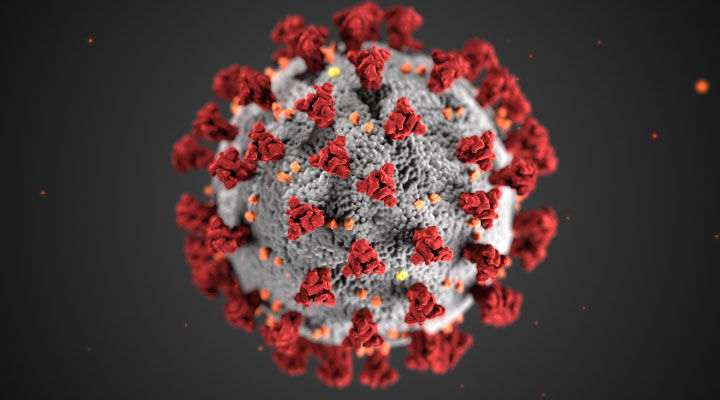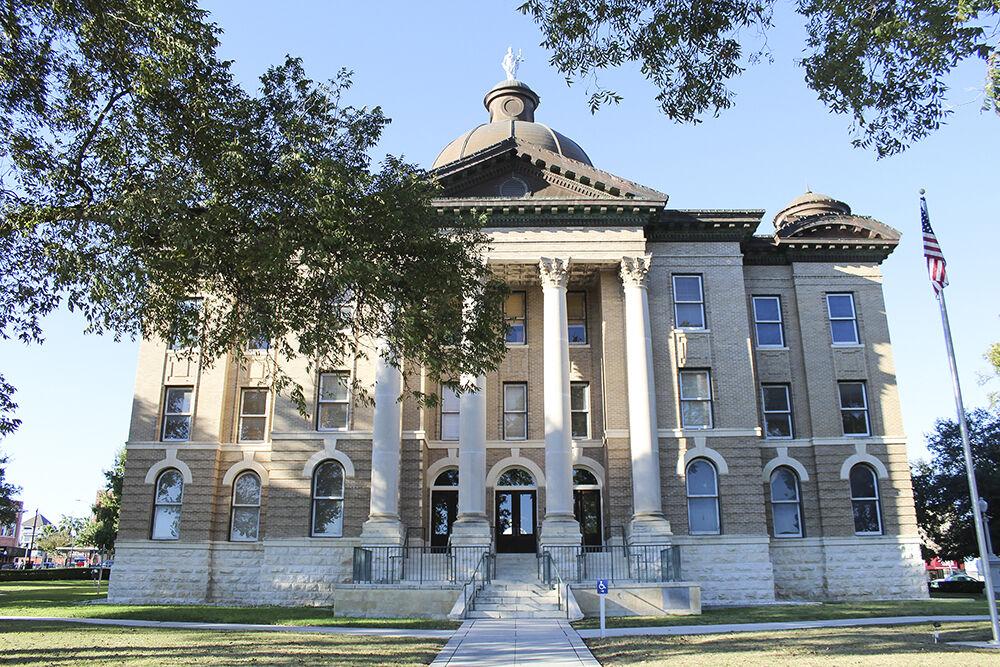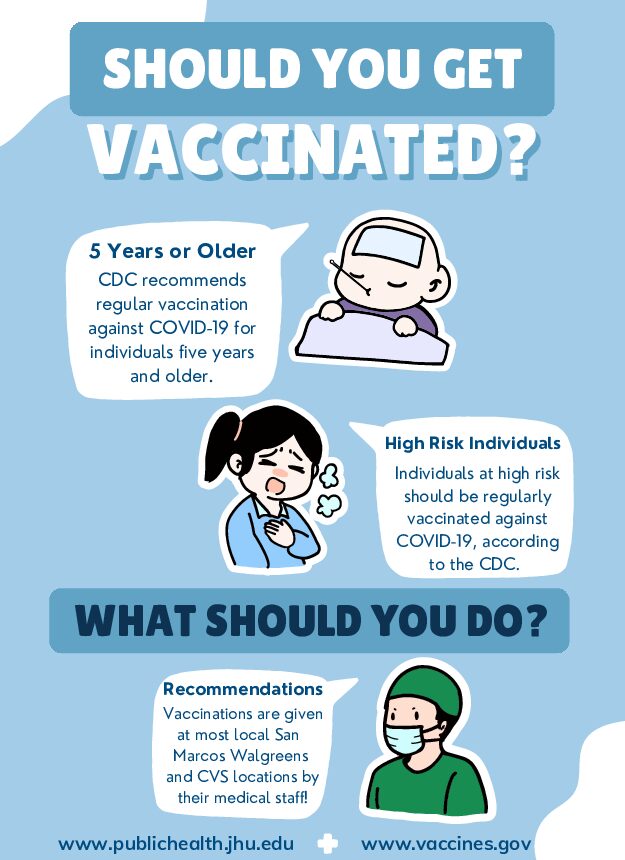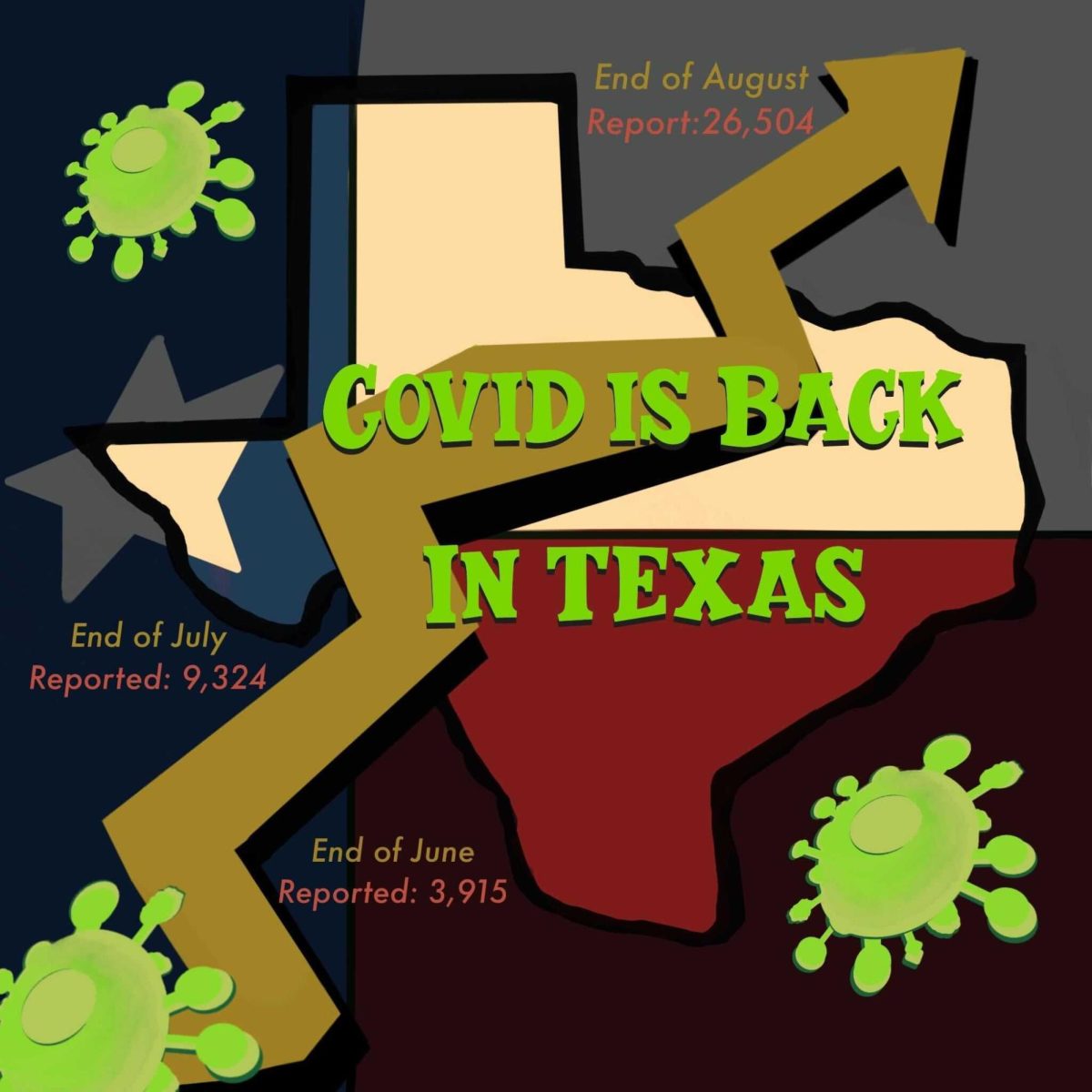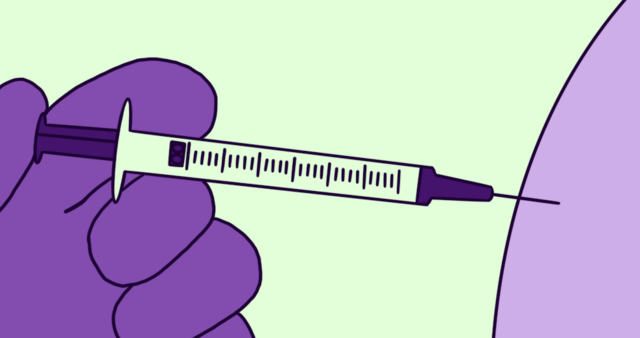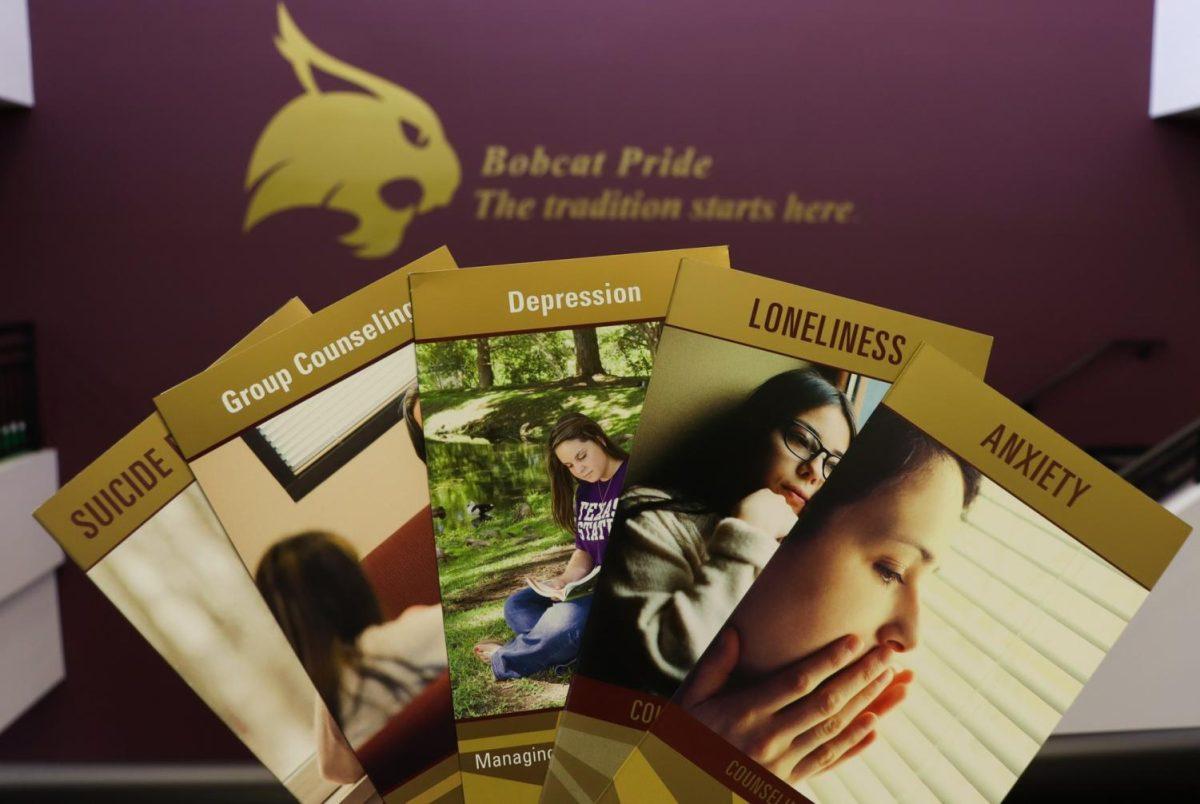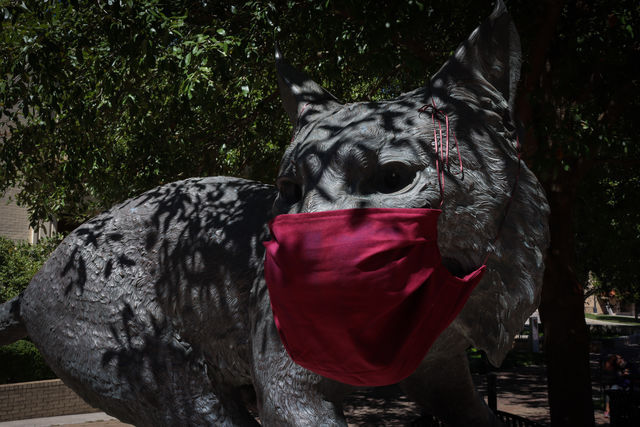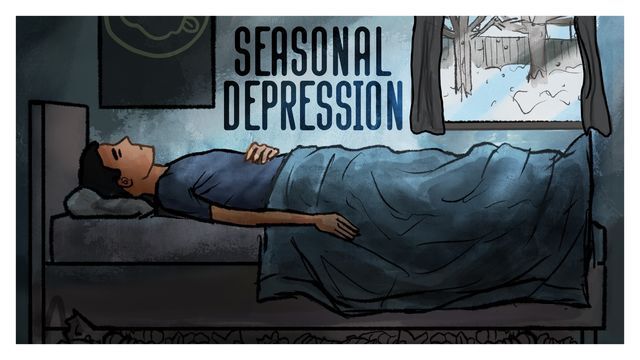The City of San Marcos, coordinating with Hays County, Texas State University, U.S. Rep. Lloyd Doggett’s office, local school districts and regional and state agencies, met Wednesday, March 4, to discuss efforts underway to address Coronavirus Disease 2019 (COVID-19).
According to Hays County Local Health Department Epidemiologist Eric Schneider, there are no confirmed cases of COVID-19 in Hays County, but some individuals believing they have been exposed to the virus have chosen to “self-quarantine” and are being monitored by officials.
“As of March 5, no cases of COVID-19 have been confirmed in Hays County, and only a few individuals who believe they may have been exposed to a confirmed case are in self-quarantine and are being monitored as a precaution to protect our community,” Schneider said. “While we are anticipating cases to eventually show up in Hays County, the first line of defense against an outbreak or community spreading is to follow good health practices whether you are healthy or feeling sick.”
According to the Hays County press release, the following preventative measures will help prevent the spread of COVID-19 and the Flu:
- Wash your hands with soap and water for at least 20 seconds several times a day, including between your fingers and underneath your nails. Handwashing is considered the best way to remove germs and dirt, and hand sanitizers should be used only when handwashing is not available. The hand sanitizers should be at least 60% alcohol to be effective.
- Avoid handshaking and high-fives.
- Avoid touching your face – especially your eyes, nose, and mouth.
- Stay home when you feel sick.
- Cover your coughs and sneezes with a tissue then put the tissue in the trash, or use the crook of your elbow if a tissue isn’t available.
- Clean and disinfect frequently touched objects and surfaces using a regular household disinfectant cleaning spray or wipe. Clean cell and desk phones, computer keyboards, door handles, and work surfaces often.
- Face masks are not considered an effective way to prevent someone from catching a virus unless you have close, frequent contact with a sick person; however, they are an option for sick people to use to keep from spreading the virus.
- Avoid travel to areas that have been designated high-risk areas because of multiple verified cases of COVID-19.
San Marcos Emergency Management Coordinator Rachel Ingle said San Marcos, in tandem with Hays County, will be monitoring the situation closely.
“We are partnering with county-wide organizations and state public health officials to monitor trends and prepare our organizations and residents,” Ingle said.
Individuals concerned they may have been exposed to COVID-19 are encouraged to contact their healthcare provider or the Hays County Local Health Department at 512.393.5520. For additional information about COVID-19, visit the Texas Department of State Health Services or the Centers for Disease Control website.
The University Star will continue to provide updates as the situation develops.





